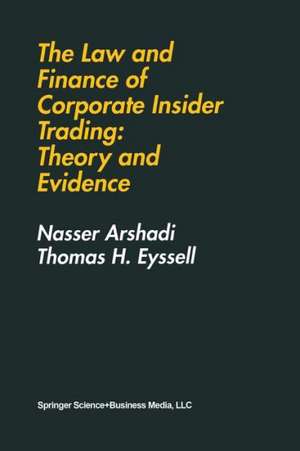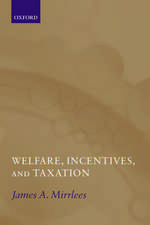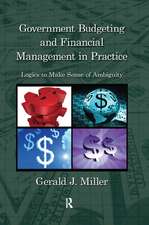The Law and Finance of Corporate Insider Trading: Theory and Evidence
Autor Hamid Arshadi, Thomas H. Eyssellen Limba Engleză Paperback – 21 oct 2012
The book begins with a conceptual framework that explores the theoretical roles of markets, firms and publicly held corporations, including a discussion of corporate governance to determine both who may have access to nonpublic information, and their legal rights and responsibilities. The book then examines different aspects of the securities laws, including the Securities Act of 1933, the Securities Exchange Act of 1934, and a critique of the SEC disclosure rules and their ramifications for market efficiency. This is followed by a detailed chronology of insider trading regulations enacted in the U.S. since 1934 and an overview of the existing empirical literature on insider trading. Empirical evidence is presented on insider trading activities and the merit of anti-insider trading laws is evaluated on theoretical arguments and recent empirical developments. The authors conclude by arguing that insider trading laws and enforcement activities have failed and propose the decriminalization of insider trading.
Preț: 381.21 lei
Nou
Puncte Express: 572
Preț estimativ în valută:
72.95€ • 75.88$ • 60.23£
72.95€ • 75.88$ • 60.23£
Carte tipărită la comandă
Livrare economică 14-28 aprilie
Preluare comenzi: 021 569.72.76
Specificații
ISBN-13: 9781461364269
ISBN-10: 1461364264
Pagini: 184
Ilustrații: XI, 167 p.
Dimensiuni: 152 x 229 x 10 mm
Greutate: 0.25 kg
Ediția:Softcover reprint of the original 1st ed. 1993
Editura: Springer Us
Colecția Springer
Locul publicării:New York, NY, United States
ISBN-10: 1461364264
Pagini: 184
Ilustrații: XI, 167 p.
Dimensiuni: 152 x 229 x 10 mm
Greutate: 0.25 kg
Ediția:Softcover reprint of the original 1st ed. 1993
Editura: Springer Us
Colecția Springer
Locul publicării:New York, NY, United States
Public țintă
ResearchCuprins
One Introduction.- Two Markets, Firms, and Publicly Held Corporations.- Corporate Governance.- The Market for Corporate Control.- Information, Asset Pricing, and the Efficient Market Hypothesis.- Economic Rationality and Corporate Law.- Three Securities Regulations, Market Efficiency, and the Role of the Sec.- Securities Act of 1933.- Deregulation in the 1933 Act.- The Securities Exchange Act of 1934.- The Establishment of the Securities and Exchange Commission.- Regulation of Exchanges and Markets, and Registration of Market Participants.- Regulation of Publicly Traded Corporations.- Regulation of Tender Offers.- Investigation, Enforcement, and Statutory Sanctions.- A Critique of the SEC’s Performance.- Information Production Through Market Sources Without Legal Intervention.- Four The Law of Insider Trading.- Insider Trading Laws.- Theories of Insider Trading Liability and Governmental Enforcement.- Summary.- Five The Empirical Literature on Insider Trading: an Overview.- The Nature and Characteristics of Insider Trading.- Insider Trading and Informational Efficiency.- Insider Trading and Managerial Decisions.- Insider Trading and the Efficacy of Regulation.- Summary of the Evidence and Directions for Future Research.- Six Price and Volume Runups Preceding Tender Offer Announcements.- Experimental Design.- Hypotheses.- The Sample and the Data.- The Measurement of Abnormal Returns and Excess Volume.- Measuring the Volume of Inside-Insider Trading.- Empirical Results.- The Transactions of Registered Inside-Insiders.- The Transactions of Outside-Insiders.- Summary and Conclusions.- Seven Public Policy Toward Insider Trading: A Proposal for Decriminalization.- The Identities of Insiders.- Property Rights in Information.- Arguments Against Insider Trading: A Critique.-Arguments in Favor of Insider Trading.- Policy Implications and Conclusions.- References.

















